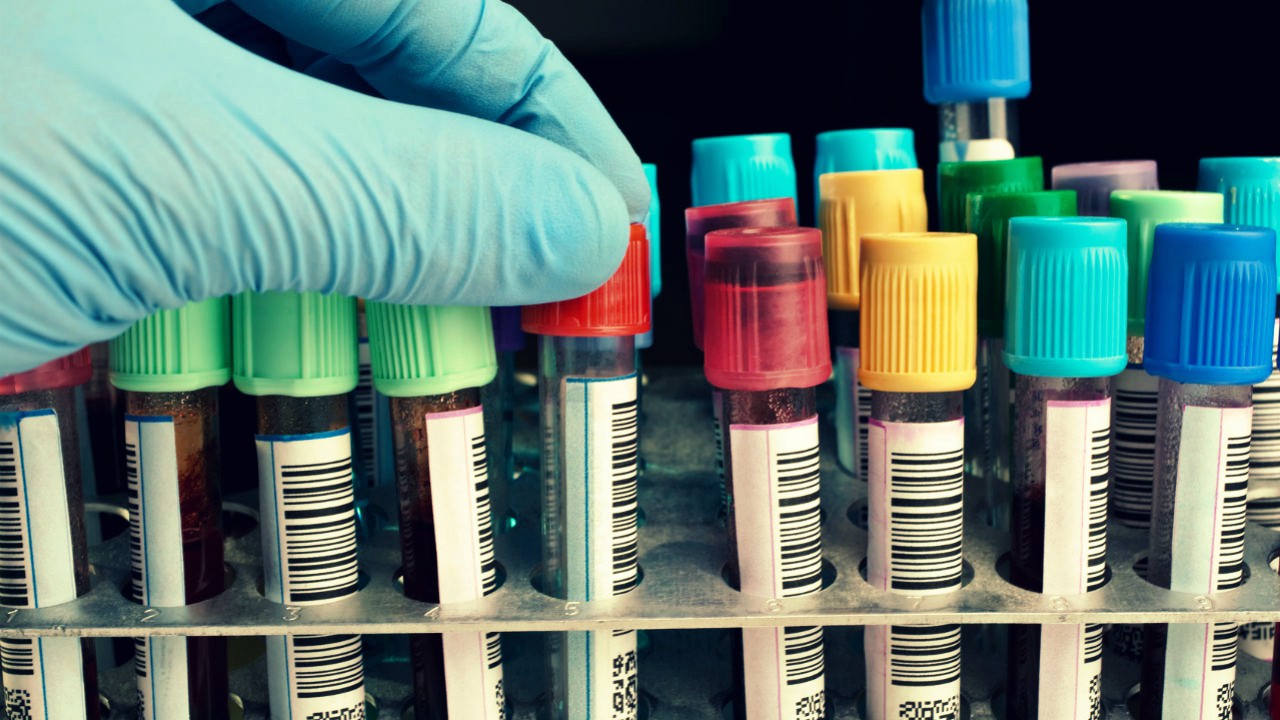Being told you have high cholesterol may not sound super scary initially, but if left unchecked, cholesterol could clog your arteries leading to heart disease and stroke. Hypercholesterolemia (the technical name for high cholesterol) can be inherited, and is often preventable and treatable.
There are no symptoms of high cholesterol—which is why it is called a “silent killer.” Cholesterol, a waxy substance found in fats (lipids) of your blood, develop into deposits making it difficult for oxygen-rich blood to flow through your arteries to your brain and heart.
Questions to ask your doctor about high cholesterol:
- What do my cholesterol numbers mean? Doctors typically like to see your total cholesterol number below 200 mg/dL, and LDL (bad) cholesterol below 70-100 mg/dL for people at risk of developing heart disease. Good cholesterol (HDL) numbers ideally should be 60 mg/dL and above, and triglyceride levels should be at or below 150 mg/dL.
- What is my cholesterol goal? Depending on your numbers, your doctor can help you identify what is the best goal for improving your personal health. Generally speaking, the lower the LDL cholesterol level, the better, especially if you are at a higher risk for heart disease.
- How can I reach my cholesterol goals? Diet and exercise typically are the best way to control cholesterol levels. In some severe cases, your doctor may prescribe a statin (medication) to help reduce cholesterol levels. Quitting smoking can also help, along with controlling your blood pressure, and drinking in moderation.
- How often should I have my levels checked? Healthy adults over the age of 20 should have their levels checked with a lipid panel blood test at least every five years. If you are at an increased risk for developing heart disease based on family history, obesity, physical inactivity, diabetes, or eating a high-fat diet, talk with your doctor to develop a plan for monitoring and managing your cholesterol levels.
- How does physical activity affect my cholesterol levels? Committing to exercise at least four days each week can help decrease cholesterol. Additionally, moderate physical activity (like brisk walking, riding a bicycle, swimming laps) increases HDL. With your doctor’s okay, you can work up to 30-60min. of physical activity each day. If you don’t have a big block of time to devote, do it in 10 minute increments.
- What should I eat? Food rich in omega-3 fatty acids can help lower LDL levels. Eating a lot of fruits and vegetables increases dietary fiber and can reduce cholesterol. Switching to healthier monounsaturated fats found in olive, peanut, and canola oils, also help, along with eliminating trans fats from your diet. As a general rule, you should aim to consume no more than 300mg of cholesterol each day (less than 200mg if you already have heart disease).
- Do I need to lose weight, and how much? Carrying around even a few extra pounds can increase your cholesterol levels. With the help of your doctor, make a plan to lose weight.
- Do I need cholesterol-lowering medication? Sometimes diet, exercise and overall improvement of your lifestyle can’t get you to your goals. In those cases, your doctor may recommend a statin medication to help meet your cholesterol goals and work toward preventing heart disease.
Do you have a different question about high cholesterol? Check out EmpowHER’s pages. Sign-up, join or start a group, share your story, connect with other women and feel EmpowHERed!
Resources:
www.mayoclinic.com High Cholesterol
www.heart.org High Cholesterol
Christine Jeffries has been a writer/editor for work and at heart for the past 15+ years following the achievement of her Bachelor of Arts degree in English and journalism. She happily lives in a home of testosterone with her husband and two sons. Christine is interested in women’s health and promoting strong women. She started a women’s group in Phoenix and Kansas City that has been gathering monthly since 2002.




